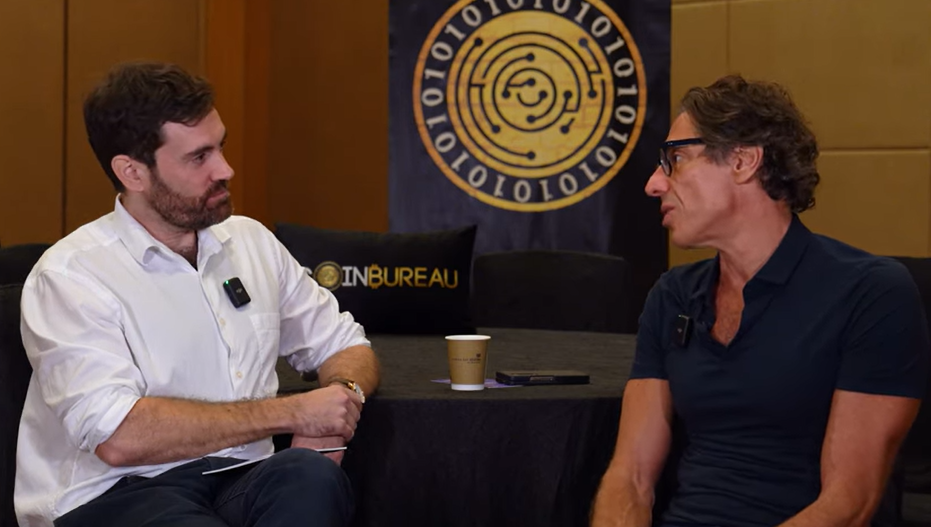BTC started the week strong, maintaining its movement above $28,000 despite the debunked ETF news. Powell’s moderate statements have been positive for short-term expectations. However, the rise of BTC has not yet brought significant advantages to altcoins. So, what do experts think about the long-term future of cryptocurrencies?
The Future of Cryptocurrencies
Macro guru and fund manager Dan Tapiero recently made important comments about the future of markets. In an interview with Coin Bureau host Guy Turner, Tapiero highlighted the growth of crypto in the past four years.
“When I first introduced the idea of a crypto fund in mid-2019, the total value in the field was $300 billion. This was the value of all cryptocurrencies and all equities in the world. This was an internal measure we used. So it was $300 billion. 18 months ago, it reached its peak at $3.2 trillion. Today, we are at $1.07 trillion. So, there is a value of $1.07 trillion in our world, which is incredible.
Okay, it has halved compared to the peak, but it has increased fivefold compared to four years ago. People are not aware that institutional or individual adoption is happening at a very high speed, as we always mention. Something that has increased fivefold in four years is growing by 100% annually. That’s quite fast.”

Which Altcoins Will Rise
Although the fund manager did not directly mention a specific altcoin name, he drew attention to the most remarkable project in that category: Chainlink (LINK). Chainlink, which is preparing to unleash its growth potential with Swift and other global partners, plays a crucial role in tokenizing real-world assets.
The macro guru specifically draws attention to this area;
“The concept of tokenizing real-world assets, RWAs, which has become more popular in the last six months, has gone from $100 million in tokenized assets a few months ago to $800 million now. But that’s $800 million. There are assets worth hundreds of trillions of dollars. And then you look at something like the stablecoin market, which was literally zero three years ago. The truth is, the field is growing and evolving faster than ever since I’ve been involved.”









